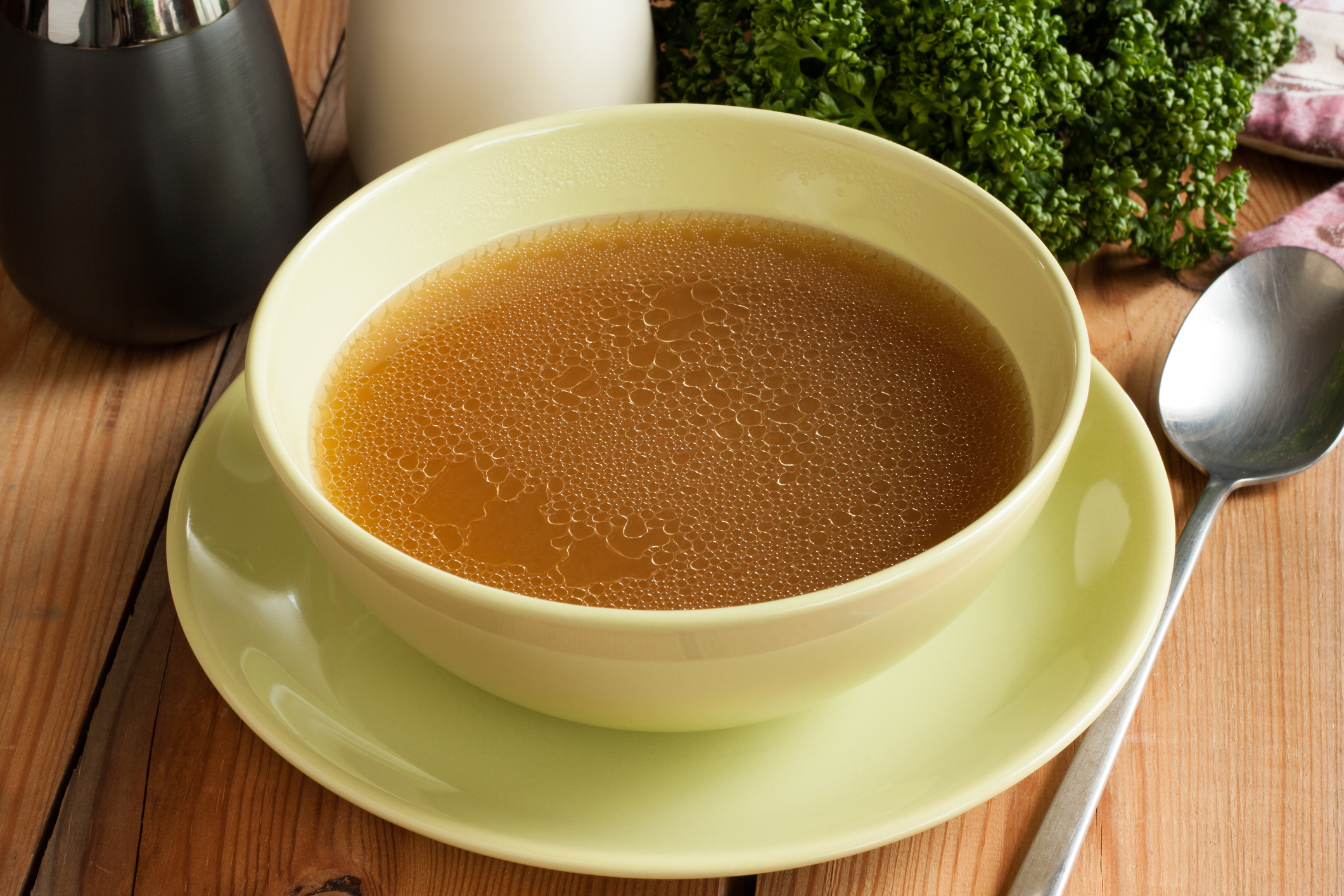What to Eat After Oral Surgery

At Central New England Oral and Maxillofacial Surgery, our experienced clinical team is happy to answer any questions you may have about surgery aftercare or what to eat following your procedure. To facilitate a smooth recovery, plan ahead and stock your pantry with some of these delicious and nutritious items prior to surgery.
The First Two Days
After surgery, nausea can occur as a result of anesthesia, medication or swallowed blood. If you experience nausea or vomiting after surgery, sipping slowly on a carbonated beverage such as ginger ale can help.
Once the nausea and vomiting have passed, begin with clear fluids such as apple juice, lukewarm broth, tea and Jell-O, and then progress slowly to more solid foods. You can eat soft foods such as nutritious blended soups, pudding, milkshakes, fruit smoothies, protein shakes, yogurt, applesauce and mashed potatoes.
It’s vital to drink lots of fluids and stay hydrated while you’re recovering. Sipping on a few ounces of water every half hour can help to ensure you’re getting enough fluids. Never use a straw while eating or drinking after oral surgery, as the sucking motion can dislodge the blood clot that has formed at the surgery site. Eating soft, high-calorie, high-protein foods and staying hydrated will help you heal faster, feel stronger and keep you more comfortable.
Day Three And Beyond
Everyone heals differently, but by the third day following your surgery, you may feel comfortable enough to chew very soft foods. Some foods that pack a great nutritional punch include:
- Cottage cheese
- Refried beans
- Tofu
- Scrambled eggs
- Fish
- Cooked soft vegetables
- Macaroni and cheese or cooked pasta
- Protein shakes
Foods To Avoid After Oral Surgery
Stay away from crunchy or sticky foods, such as popcorn, chips, and candy for at least a few weeks. Wait to get the go-ahead from your doctor before eating tough-to-chew meats, bagels and crusty breads as well. It’s also best to avoid very hot foods and drinks and spicy and acidic foods for a few days after surgery. Most patients are able to resume their normal diet about a week after oral surgery.
For more information about oral surgery aftercare and the other services we offer, contact Central New England Oral and Maxillofacial Surgery in Southbridge, MA, or Pomfret, CT, to schedule an appointment today.
